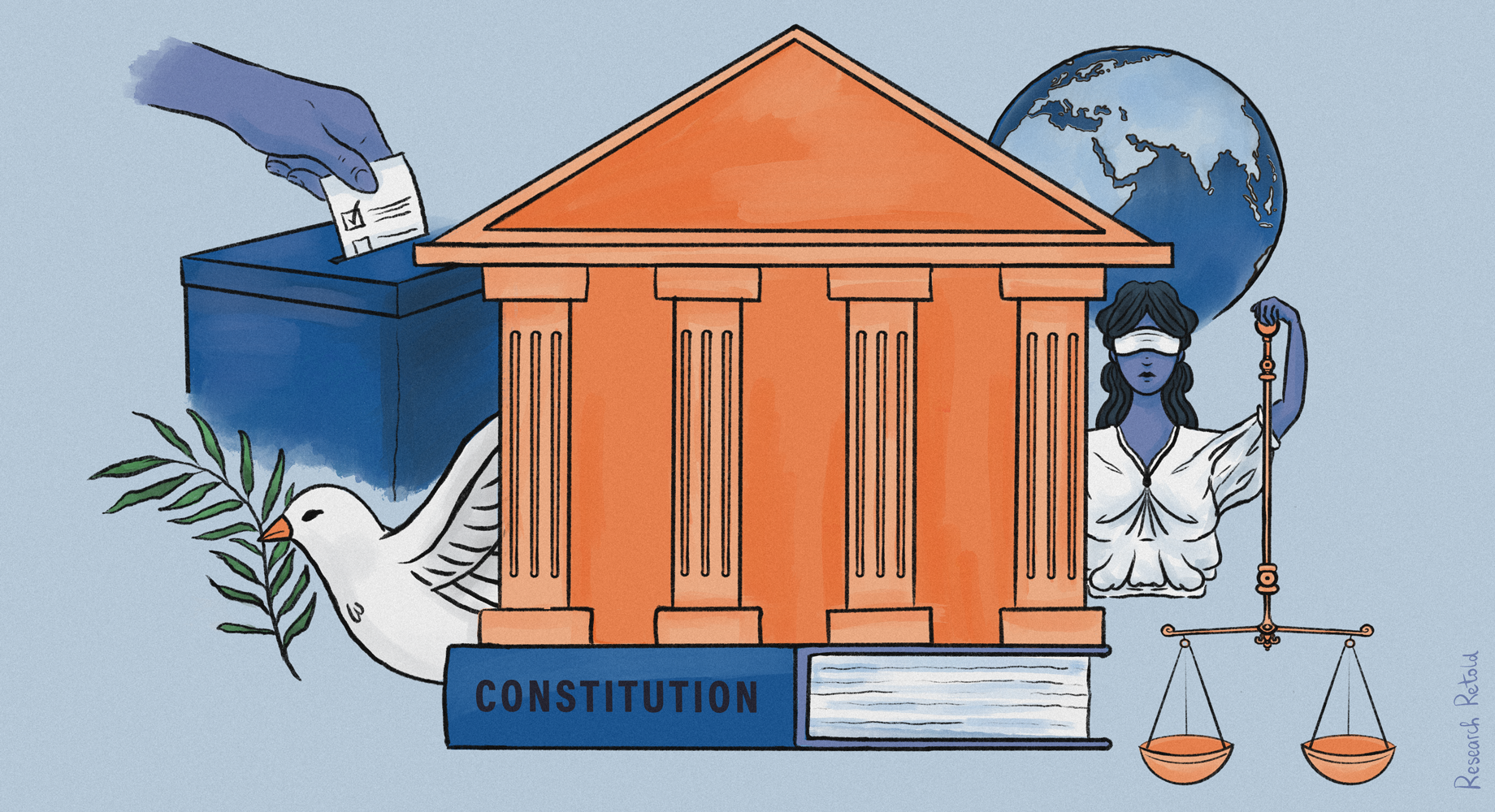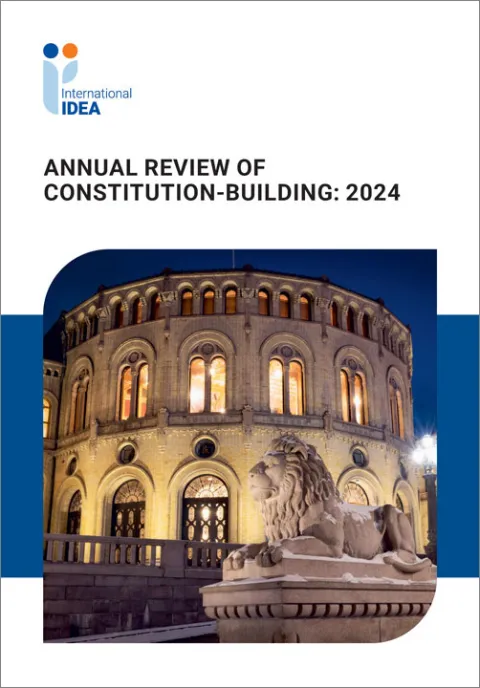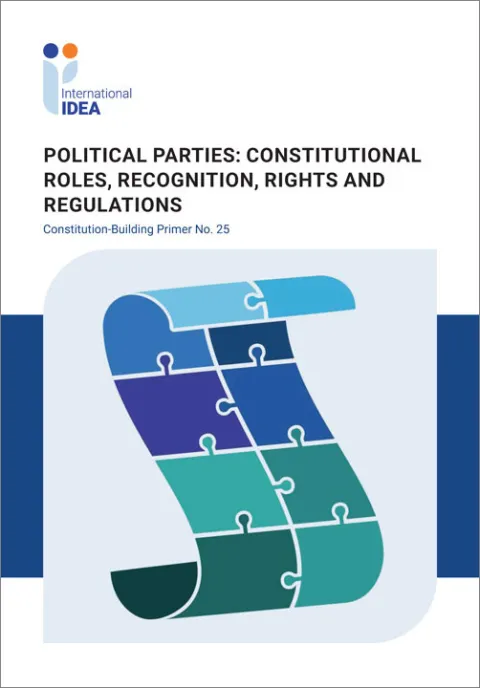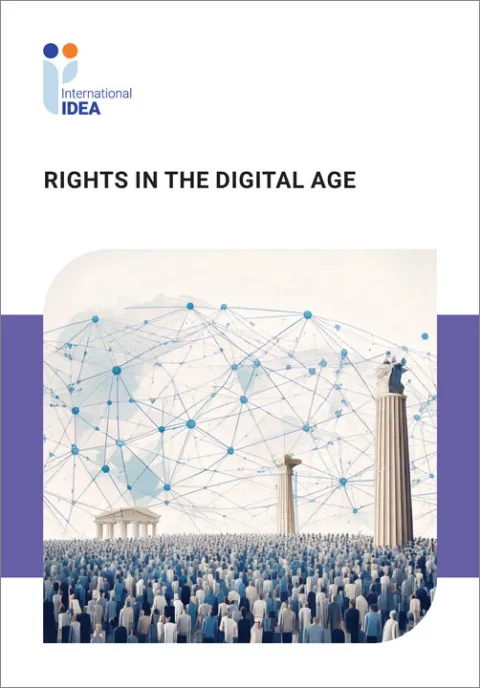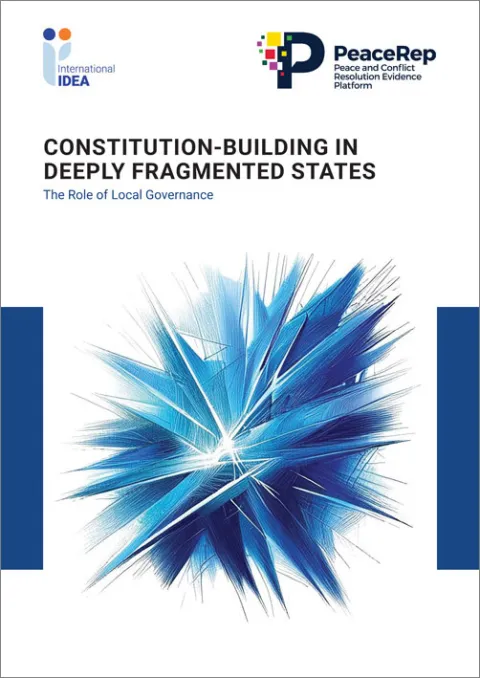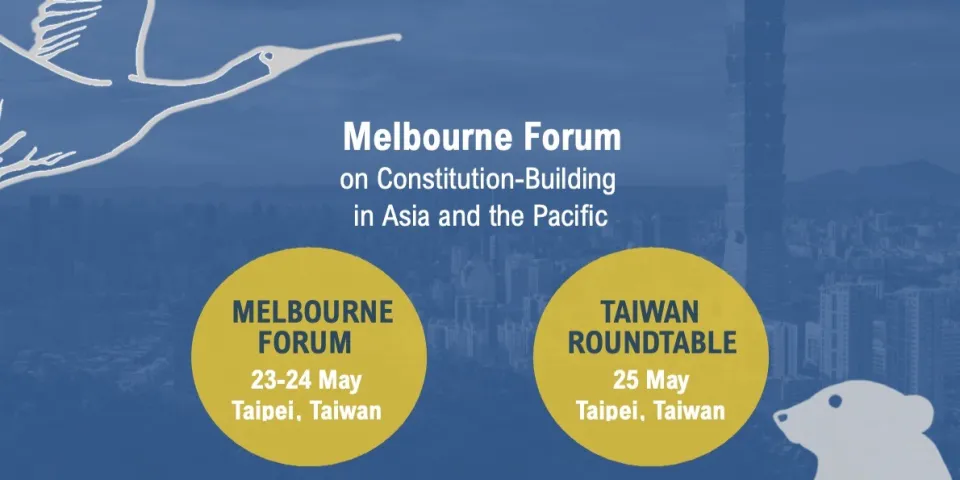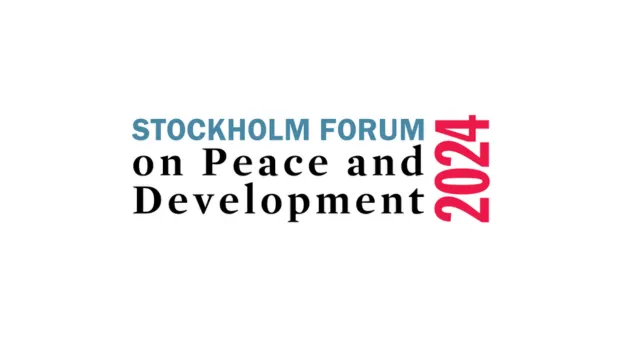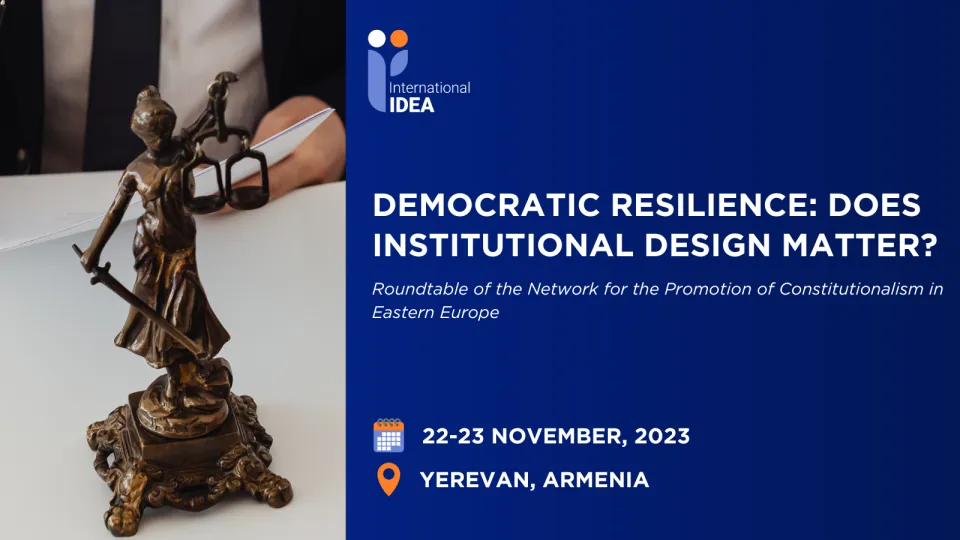Constitutional Monarchs in Parliamentary Democracies
A constitutional monarch in a parliamentary democracy is a hereditary symbolic head of state (who may be an emperor, king or queen, prince or duke) who mainly performs a representative and civic role but does not exercise executive or policymaking power.
International IDEA’s Constitution-Building Primers are designed to assist in-country constitution-building or constitutional-reform processes by helping citizens, political parties, civil society organizations, public officials and members of constituent assemblies make wise constitutional choices. They also provide guidance for staff of intergovernmental organizations and other external actors working to provide well informed, context-relevant support to local decision-makers.
Each Primer is written as an introduction for non-specialist readers, and as a convenient aide-memoire for those with prior knowledge of, or experience with, constitution-building. Arranged thematically around the practical choices faced by constitution-builders, the Primers aim to explain complex constitutional issues in a quick and easy way.
This revised and reformatted edition was published in October 2017.
Details
Staff author
Contents
1. Introduction
2. What is the issue?
3. Functions and powers of constitutional monarchs
4. Design considerations
5. Ensuring that the monarchy is genuinely parliamentary
6. Examples
7. Decision-making questions
References
Annex
Give us feedback
Do you have a question or feedback about this publication? Leave us your feedback, and we’ll get back to you
Send feedbackConstitutional Monarchs in Parliamentary Democracies
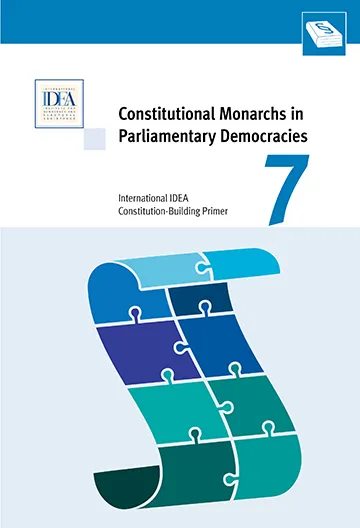
| Total views | 73133 |
|---|---|
| Downloads | 304 |
| Rating |
Staff author
Give us feedback
Do you have a question or feedback about this publication? Leave us your feedback, and we’ll get back to you
Send feedback